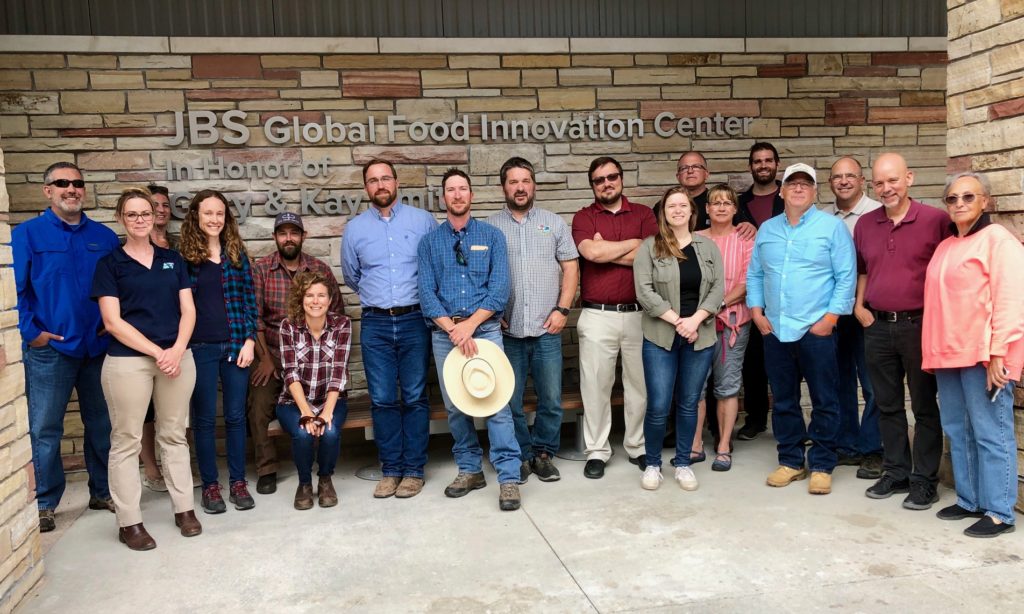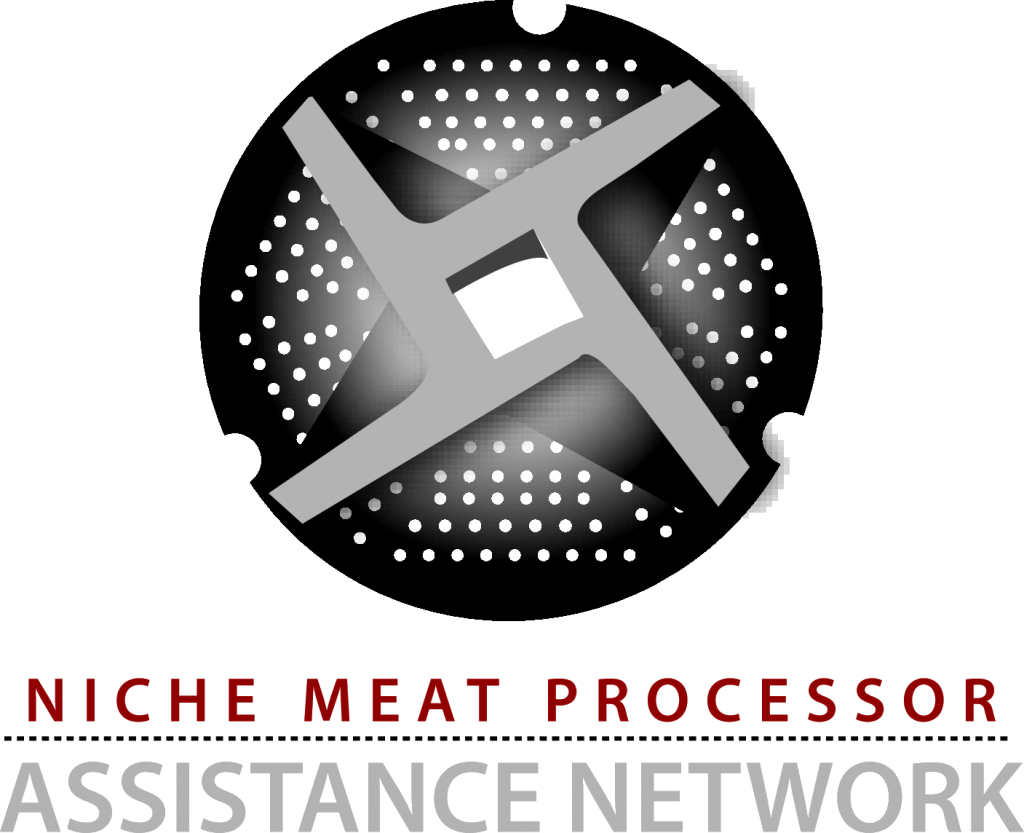 What is policy engagement? Well, most of the time you deal with rules after they are made. How about getting involved in the development and interpretation of the rules instead?
What is policy engagement? Well, most of the time you deal with rules after they are made. How about getting involved in the development and interpretation of the rules instead?
At NMPAN, we believe it is important for small and very small processors to have a voice and be included in the discussion. Here we describe several groups and networks where you can share your perspective and ask questions directly regarding state and federal policy.
****************************************
The Small & Very Small Plant Working Group organized by the National Sustainable Agriculture Coalition is one way to get involved. This group has a policy listserv and also convenes regional stakeholder meetings around the country for processors to meet with USDA Food Safety Inspection Service (FSIS) staff. Notes from the eight meetings held so far are linked below. Please note that these in-person meetings have been on hold since early 2020 due to the COVID-19 pandemic.
Indiana Meeting, October 2016
Summary Recommendations from NSAC FSIS Stakeholder meeting Indiana Fall 2016
Arkansas Meeting, March 2017
Summary Notes from NSAC-FSIS Arkansas Meeting March 2017
Maine Meeting, June 2017
Summary of Maine Meeting June 2017
Oregon Meeting, October 2017
Summary of Oregon Meeting Fall 2017
We surveyed the attendees of these first four meetings to ascertain the value of having an opportunity to speak with top USDA FSIS leadership. A summary of those responses can be found here.
Pennsylvania Meeting, May 2018
Summary of Pennsylvania Meeting May 2018
Colorado Meeting, June 2019
Summary of Colorado Meeting Summer 2019
Kentucky Meeting, July 2019
Summary of Kentucky Meeting July 2019
Texas Meeting, February 2020
Summary of Texas Meeting Feb 2020
If you want more frequent information from this group, join the NSAC FSIS listserv by sending an email to knuckolls[at]sustainableagriculture.net
****************************************
The FSIS Industry Group is another way to get involved. They meet monthly in Washington D.C. at the USDA headquarters. You can also participate in meetings via their speaker phone line. Agenda items can be submitted by participants ahead of time and FSIS staff will address those questions or concerns in these monthly meetings.
In general, the processors and producers involved in these meetings tend to be on the larger scale, but small processors/brands are encouraged to participate. If you would like to participate, contact Victoria Ahlmeyer of the National Turkey Federation (Office: 202.730.9637 Ext. 7232 | Cell: 618.977.5763| Email: vahlmeyer@turkeyfed.org
****************************************
The National Advisory Committee on Meat and Poultry Inspection (NACMPI) is a federal advisory committee to the USDA, established in 1971. The purpose of the Committee is to provide advice to the Secretary concerning State and Federal programs with respect to meat, poultry, and processed egg products inspection; food safety; and other matters that fall within the scope of the FMIA, PPIA and the Egg Products Inspection Act (EPIA).
The Committee is made up of up to 20 individuals that represent different parts of the meat value chain, as well as state and federal government, public health, science and academia, and consumer organizations. Nominations come up every two years; the last round of nominations closed at the end of 2016 but due to the delay in confirmation of the Secretary of Agriculture, the new committee members have not be selected nor any meeting dates set for 2017. You can find more information on NACMPI, members of the committee, and previous meeting minutes on the website here.
****************************************
Additionally, there is a national trade group representing meat processors that is very involved in policy-making and regulatory affairs. The American Association of Meat Processors (AAMP) mission is to provide quality service, knowledge through education, regulatory representation, and networking opportunities for members. They provide their members information about regulatory affairs, updated information on FSIS directives and notices, and can help processors work through inspection related challenges. They also host an annual conference.
NMPAN has been an AAMP member since 2008. If you would like to learn more about what AAMP does, check out their website here.
****************************************
If you would like to read more about USDA FSIS regulations and policies, the most up-to-date place to read them are this page of their website. You can also sign up for various e-newsletters directly on the FSIS website.
In addition, if you want to better understand how USDA Food Safety Inspection Service is organized, please see this slideshow that is given to new FSIS hires to better understand the organization.
For state meat inspection programs, check out the National Association of State Departments of Agriculture website on state meat inspection programs. They also have a committee dedicated to food regulation issues including meat, poultry, and seafood inspection where presumably processors could provide input and get involved.
****************************************
Lastly, NMPAN was contracted by USDA FSIS to conduct a study of how the Food Safety and Inspection Services provides outreach, guidance, and attends to the needs of small and very small inspected meat processors. The study was completed in December 2020 but not released by USDA until June 2021. The full report is 48 pages, but worth the read. It encompasses much of the stakeholder feedback received in the small plant roundtables mentioned above, as well as surveys conducted with small establishments.
Key recommendations in the report include:
- Continuing to find ways for small and very small processors to interact and share experiences directly with high- level FSIS leadership Standardizing the information provided by FSIS across plat forms, documents, and personnel to eliminate conflicting or confusing information.
- Studying inspection decisions and enforcement actions across circuits, districts, and inspectors to identify potential inconsistencies or biases. Frequently updating information sources to eliminate out -of -date information.
- Upgrading information access tools
- Providing explicit benchmarks and procedural guidance for meeting regulatory requirements with the time and financial constraints of SVS plants in mind.
- Closely examining humane handling regulatory procedures for small and very small plants.
Read the full report here.


